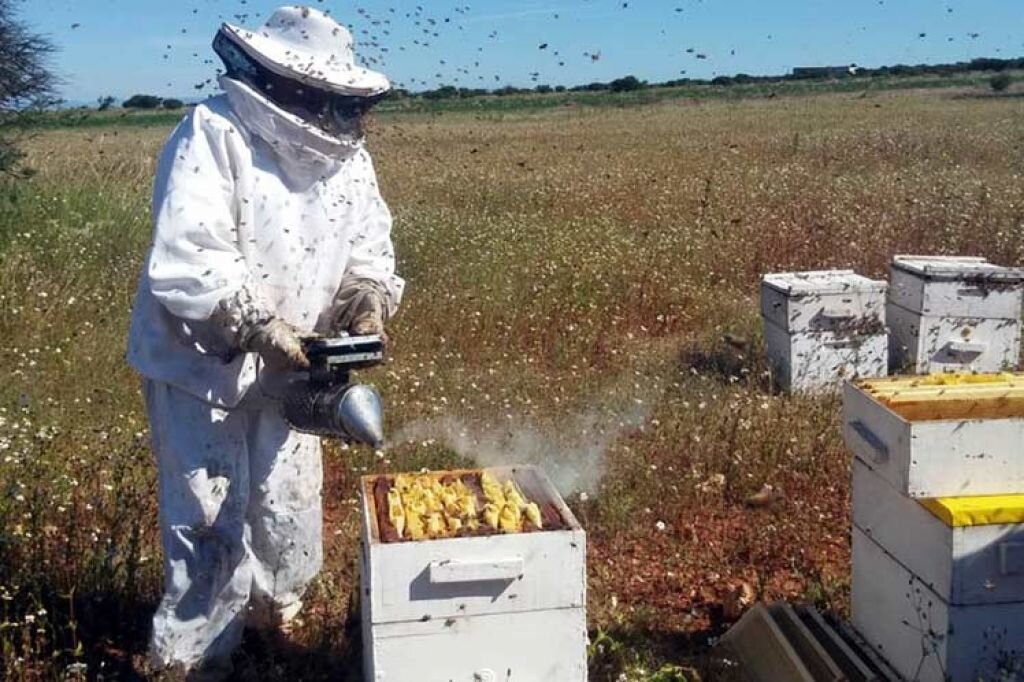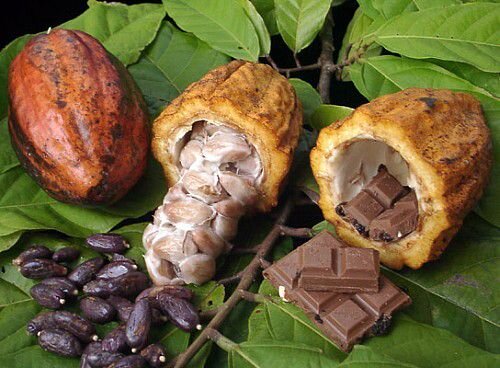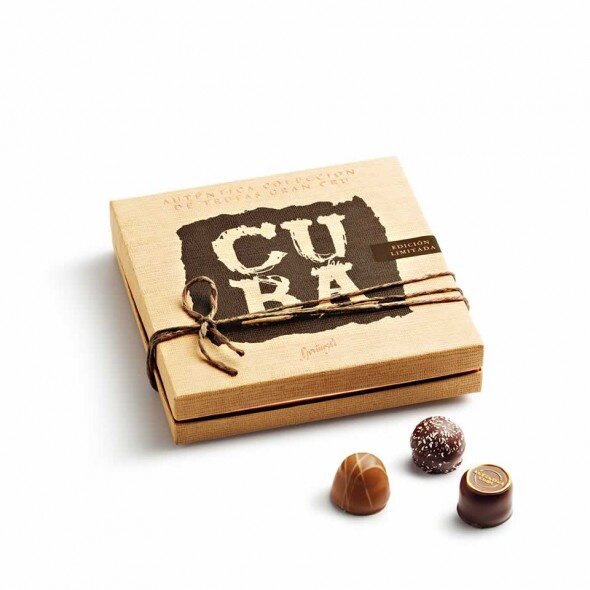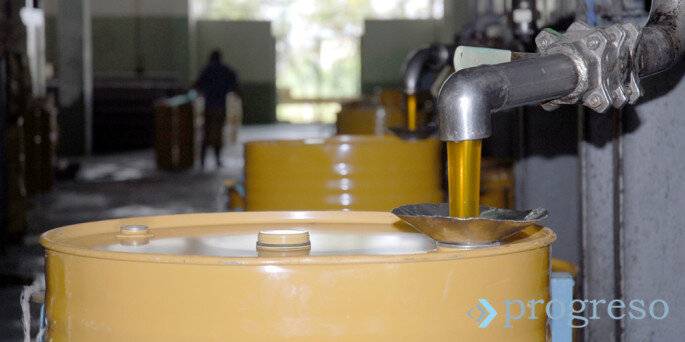In Libertad Act Lawsuits, “Ownership” Defines The Process
If Owner Wasn’t Alive In 1996, Title III Doesn’t Apply?
What About Companies Transferring Ownership Of A Claim?
The Politics Of Judges In Florida Dismissing Cases Filed By Cuban-Americans
Did Congress Intend To Short-Circuit “Justice”?
Will U.S. Congress Intervene?
There is one argument by the defendants in Libertad Act lawsuits which has received scant attention thus far- outside of the courtroom. The definition of “ownership.”
The position by some defendants is unless the original owner of the claim is alive, there is no basis for a Title III lawsuit using provisions of the Libertad Act. Meaning, that if the original owner died in 1996 after enactment of the Libertad Act, then the ability to use Title III to seek damages from third-parties no longer exists. Is someone who inherits an asset considered to be the owner?
In some instances, the original owners of certified claims and non-certified claims had died prior to 1996; and their estates distributed assets to heirs. Generally, an individual who inherits an asset is then considered to be the owner.
The political question: In 1996, was the intention of the United States Congress to preclude the descendants, the heirs, of certified claims and non-certified claims from obtaining “justice” from those who “traffic” in assets?
From Libertad Act: Applicability: “(A) Except as otherwise provided in this paragraph, actions may be brought under paragraph (1) with respect to property confiscated before, on, or after March 12, 1996. (B) In the case of property confiscated before March 12, 1996, a United States national may not bring an action under this section on a claim to the confiscated property unless such national acquires ownership of the claim before March 12, 1996. (C) In the case of property confiscated on or after March 12, 1996, a United States national who, after the property is confiscated, acquires ownership of a claim to the property by assignment for value, may not bring an action on the claim under this section.”
Might members of the United States Congress, particularly those representing the state of Florida where 80% of the twenty Libertad Act lawsuits have been filed in the United States District Court in Southern Florida, seek to amend the Libertad Act to ensure that heirs to certified claims and non-certified claims remain eligible to file lawsuits using the Libertad Act?
From a filing in the Libertad Act case of Jose Ramon Lopez Regueiro vs. American Airlines Inc. and LATAM Airlines Group, S.A.: “(B) In the case of property confiscated before March 12, 1996, a United States national may not bring an action under this section on a claim to the confiscated property unless such national acquires ownership of the claim before March 12, 1996. [Emphasis added.] “United States national” is defined (for a natural person) as “any United States citizen.” 22 U.S.C. § 6023(15). Plaintiff alleges that the Airport was confiscated in 1959. Compl. ¶ 13. Under the plain meaning of 22 U.S.C. § 6082(a)(4)(B), quoted above, Plaintiff “may not bring an action” under Title III unless he both was a U.S. citizen and acquired his claim before March 12, 1996. This is clear from Congress’s description of this provision: . . . in the case of property confiscated before the date of enactment of this Act, the U.S. national had to have owned the claim to the property before the date of enactment in order to bring an action under this section.”
From a filing in the Libertad Act case of Javier Garcia-Bengochea vs. Carnival Corporation: “THIRD DEFENSE – FAILURE TO OWN CLAIM: Plaintiff’s claim is barred because he does not own the claim he asserts. FOURTH DEFENSE – UNTIMELY ACQUISITION OF CLAIM Plaintiff’s claim is barred because, to the extent he ever acquired the claim he asserts, he acquired his claim after March 12, 1996. 22 U.S.C. § 6082(a)(4)(B). As shown in the attached Exhibit 1 (which includes a certified translation), if Plaintiff acquired the claim he asserts at all, he acquired the claim from his cousin Desiderio Parreno via a will executed in 2000. Accordingly, Plaintiff acquired his claim, if at all, after March 12, 1996.”
In the Title III Libertad Act lawsuit filed by Irving, Texas-based Exxon Mobil Corporation (2018 revenues approximately US$290 billion), its certified claim for US$71,611,002.90 was originally filed by Standard Oil Company. Standard Oil changed its name to Exxon Corporation in 1972 and Exxon Corporation changed its name to Exxon Mobil Corporation in 1999. Exxon Mobil Corporation is seeking treble damages as permitted by Title III of the Libertad Act. Could the transition in ownership of the certified claim be construed by a judge as not dissimilar from an owner who dies and the assets of the estate are inherited by third-parties after 1996?
The Trump Administration has made operational Title III and further implemented Title IV of the Cuban Liberty and Democratic Solidarity Act of 1996 (known as “Libertad Act”).
Title III authorizes lawsuits in United States District Courts against companies and individuals who are using a certified claim or non-certified claim where the owner of the certified claim or non-certified claim has not received compensation from the Republic of Cuba or from a third-party who is using (“trafficking”) the asset.
Title IV restricts entry into the United States by individuals who have connectivity to unresolved certified claims or non-certified claims. One Canada-based company is currently subject to this provision based upon a certified claim.
Excerpts From The Libertad Act
Person.--The term "person" means any person or entity, including any agency or instrumentality of a foreign state.
Property.--(A) The term "property" means any property (including patents, copyrights, trademarks, and any other form of intellectual property), whether real, personal, or mixed, and any present, future, or contingent right, security, or other interest therein, including any leasehold interest.
(B) For purposes of title III of this Act, the term "property" does not include real property used for residential purposes unless, as of the date of the enactment of this Act-- the claim to the property is held by a United States national and the claim has been certified under title V of the International Claims Settlement Act of 1949; or the property is occupied by an official of the Cuban Government or the ruling political party in Cuba.
Traffics.--(A) As used in title III, and except as provided in subparagraph (B), a person "traffics" in confiscated property if that person knowingly and intentionally-- sells, transfers, distributes, dispenses, brokers, manages, or otherwise disposes of confiscated property, or purchases, leases, receives, possesses, obtains control of, manages, uses, or otherwise acquires or holds an interest in confiscated property, engages in a commercial activity using or otherwise benefiting from confiscated property, or causes, directs, participates in, or profits from, trafficking (as described in clause (i) or (ii)) by another person, or otherwise engages in trafficking (as described in clause (i) or (ii)) through another person, without the authorization of any United States national who holds a claim to the property.
To deter trafficking in wrongfully confiscated property, United States nationals who were the victims of these confiscations should be endowed with a judicial remedy in the courts of the United States that would deny traffickers any profits from economically exploiting Castro's wrongful seizures.
Increased liability.--(A) Any person that traffics in confiscated property for which liability is incurred under paragraph (1) shall, if a United States national owns a claim with respect to that property which was certified by the Foreign Claims Settlement Commission under title V of the International Claims Settlement Act of 1949, be liable for damages computed in accordance with subparagraph (C).
Applicability.--(A) Except as otherwise provided in this paragraph, actions may be brought under paragraph (1) with respect to property confiscated before, on, or after the date of the enactment of this Act.
In the case of property confiscated before the date of the enactment of this Act, a United States national may not bring an action under this section on a claim to the confiscated property unless such national acquires ownership of the claim before such date of enactment.
In the case of property confiscated on or after the date of the enactment of this Act, a United States national who, after the property is confiscated, acquires ownership of a claim to the property by assignment for value, may not bring an action on the claim under this section.
Treatment of certain actions.--(A) In the case of a United States national who was eligible to file a claim with the Foreign Claims Settlement Commission under title V of the International Claims Settlement Act of 1949 but did not so file the claim, that United States national may not bring an action on that claim under this section.
Claims not certified.--If in an action under this title a claim has not been so certified by the Foreign Claims Settlement Commission, the court may appoint a special master, including the Foreign Claims Settlement Commission, to make determinations regarding the amount and ownership of the claim. Such determinations are only for evidentiary purposes in civil actions brought under this title and do not constitute certifications under title V of the International Claims Settlement Act of 1949.
Suspension.--After this title and the amendments of this title have taken effect-- no person shall acquire a property interest in any potential or pending action under this title;
The Certified Claims
There are 8,821 claims of which 5,913 awards valued at US$1,902,202,284.95 were certified by the USFCSC and have not been resolved for nearing sixty years. The USFCSC permitted interest to be accrued in the amount of 6% per annum; with the current value of the 5,913 certified claims approximately US$8,521,866,156.95.
The first asset to be expropriated by the Republic of Cuba was an oil refinery in 1960 owned by White Plains, New York-based Texaco, Inc., now a subsidiary of San Ramon, California-based Chevron Corporation (USFCSC: CU-1331/CU-1332/CU-1333 valued at US$56,196,422.73).
The largest certified claim (Cuban Electric Company) valued at US$267,568,413.62 is controlled by Boca Raton, Florida-based Office Depot, Inc. The second-largest certified claim (International Telephone and Telegraph Co, ITT as Trustee, Starwood Hotels & Resorts Worldwide, Inc.) valued at US$181,808,794.14 is controlled by Bethesda, Maryland-based Marriott International. The smallest certified claim is by Sara W. Fishman in the amount of US$1.00 with reference to the Cuban-Venezuelan Oil Voting Trust.
The two (2) largest certified claims total US$449,377,207.76, representing 24% of the total value of the certified claims. Thirty (30) certified claimants hold 56% of the total value of the certified claims. This concentration of value creates an efficient pathway towards a settlement.



























